As a purveyor of cheap, clapped-out automobiles, I frequently involve myself in cash-based transactions when it comes to car buying and selling. Even in the year of our lord 2025, cash is still king in some scenarios, like when you show up to a Home Depot parking lot in Queens to snag a deal on a 216,000-mile Range Rover you found on Facebook Marketplace the night before.
But for normal people buying normal cars, cash is rarely the right answer. While it might feel right to pay cash for big-ticket items, like a down payment for a car, it opens you up to a whole lot of financial risk.
I bring this up because of a recent story out of Houston, Texas, where a man who worked at a now-defunct Kia dealership is accused of taking a bunch of cash for stuff like down payments, taxes, and registration fees from 14 individuals and pocketing the money for himself. From Click2Houston:
Between Aug. 2024 and Feb. 2025, Parker allegedly stole a total of $68,700 from 14 victims who believed they were making cash down payments toward vehicles.
Court documents state Parker told customers he could help fix their bad credit through a Kia “credit repair program.” He allegedly collected cash down payments and later requested more money for taxes, title, and registration fees, promising to complete their vehicle purchases once the process was finalized.
Instead, investigators said Parker stopped responding to the victims, and no vehicles were ever delivered.
Court records show Parker was already out on bond for two similar cases, one for theft and another for unauthorized use of a vehicle, both connected to his employment at the same dealership.
Digging deeper into the court records from the Harris County District Clerk’s office, officials say that Parker allegedly had the victims fill out all of the necessary paperwork before taking their cash, but that “no documentation was found at the dealership” regarding any sales transactions.
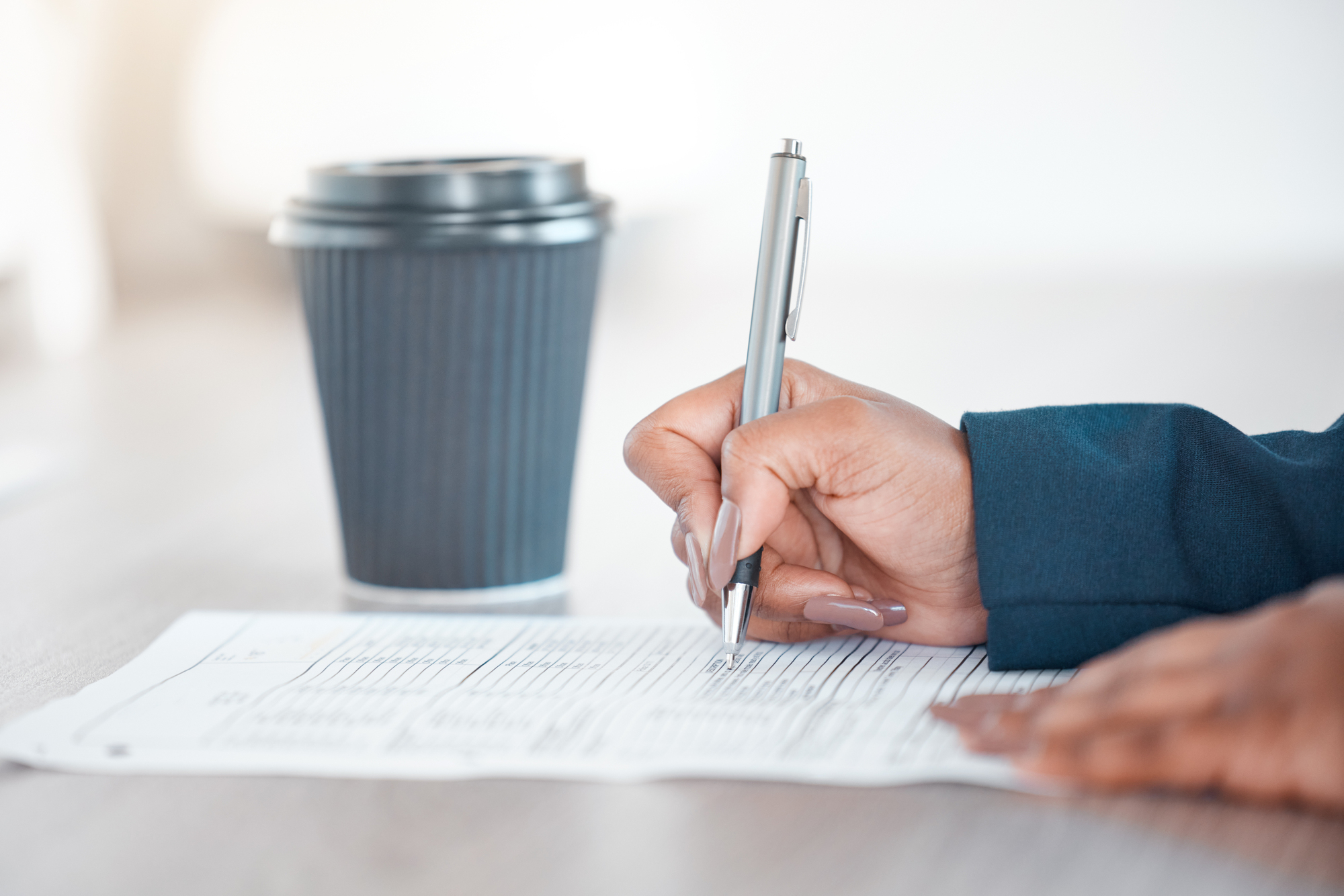
“Obviously, it’s a huge red flag if anybody asks for cash and they’re a car dealer or a dealership agent,” Steve Lehto, a Michigan-based consumer protection attorney, told The Autopian. ”Rule number one is always be able to prove that you paid them money. So if by chance you actually found a situation where you needed to pay somebody cash, you’re going to make sure you get something in writing that identifies that you paid it to the dealership, and not to just some guy.”
The only mention of officials finding proof that a transaction occurred was the sole victim who paid via CashApp, rather than with actual cash. It’s unclear from court records whether Parker issued any of his alleged victims a receipt for their payments.
It’s easy to see how something like this could happen. Cash is much easier to pocket than, say, a cashier’s check, which requires the issuer to print a recipient. If the buyers paid this way, they’d be able to specify the dealership as the recipient rather than the salesman they’re dealing with (I don’t know of any brand-name dealer where it’s the salesman dealing with the actual finances; that job belongs to the finance manager).
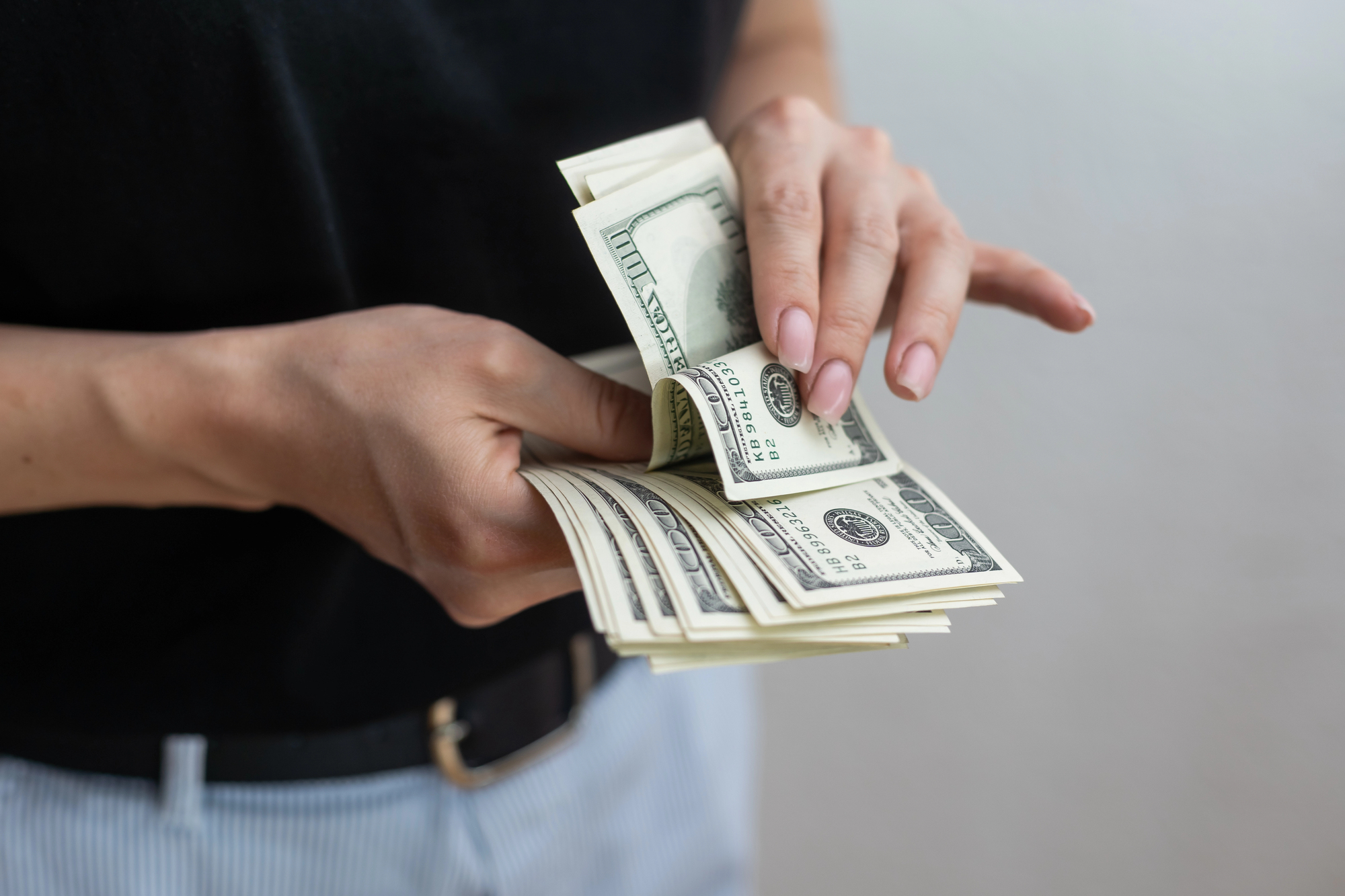
If you still want to use cash, you can. There are a multitude of reasons why someone wouldn’t have a bank account or would prefer to use real cash. Lehto suggests doing it carefully.
“You can use cash if you want to, but you’re living dangerously, and you’ve got to protect yourself,” he says. “And so what you need to do is get something you’re writing, i.e., a receipt, and it needs to be on some kind of letterhead. And any legitimate card dealership will give you a receipt that is obviously from them.”
Still, it’s best to avoid using cash when you don’t have to. Every other method, whether that’s a cashier’s check, a money order, a certified check, a wire transfer, or even a personal check, leaves more of a paper trail, making it easier for law enforcement to track down your money if things go sideways.
There’s also the credit repair aspect to all of these, which I think is particularly scummy if proven to be true. According to court documents, Parker allegedly told the complainants the money would also help them fix their bad credit, helping them to secure the vehicle they wanted.
“He was allegedly taking advantage of people who were screwed up financially, in that they had bad credit,” Lehto says. “And so somebody who’s got bad credit who goes to a car dealer is expecting some kind of pushback, like, ‘We either can’t sell you a car or you’re going to get horrible financing or you’ve got to put a gigantic amount of money down.’ And when some guy goes, ‘Hey, look, I can help fix your credit, but you’ve got to pay me cash,’ He’s simply taking advantage of them because he knows that’s their weakness.”
Really, this all comes down to consumer knowledge. The Better Business Bureau told me Fredy Kia, the now-defunct dealer at the center of this alleged crime, was not an accredited business with the nonprofit’s Houston division, and carried an “F” rating. A peek at the BBB’s website lists 21 complaints directed towards the business in the past three years, and an average customer review rating of one star out of five. In a statement provided to The Autopian, the BBB outlined some basic, yet effective ways to ensure you don’t get tricked in a similar manner:
We strongly encourage consumers to research any business with the BBB before making a purchase or financial commitment. This includes reviewing the company’s BBB rating, complaint history, licensing, and customer reviews.
When purchasing a vehicle, consumers should also be cautious of any promises related to credit repair services—this is not a standard offering from legitimate car dealerships. If an employee claims to provide credit repair assistance or asks for additional payments outside the dealership’s official process, it should raise an immediate red flag.
Consumers should never provide down payments or personal payments directly to an employee and should not proceed without a signed contract or consultation with the finance office. Always verify with a sales manager what an employee is promising, and request all details in writing before agreeing to any transaction.
You can’t lay all the blame on the people who allegedly got scammed. How were they supposed to know their Kia salesman was already out on bond for two other cases involving that dealership? I certainly wouldn’t have researched that thoroughly. And when a guy in a Kia-branded polo is telling you Kia’s running a program to help fix your credit because you’re in a tough spot, it probably feels pretty genuine—this wasn’t some shady used car lot, it was a whole-ass Kia dealer that had been in business since 2004.
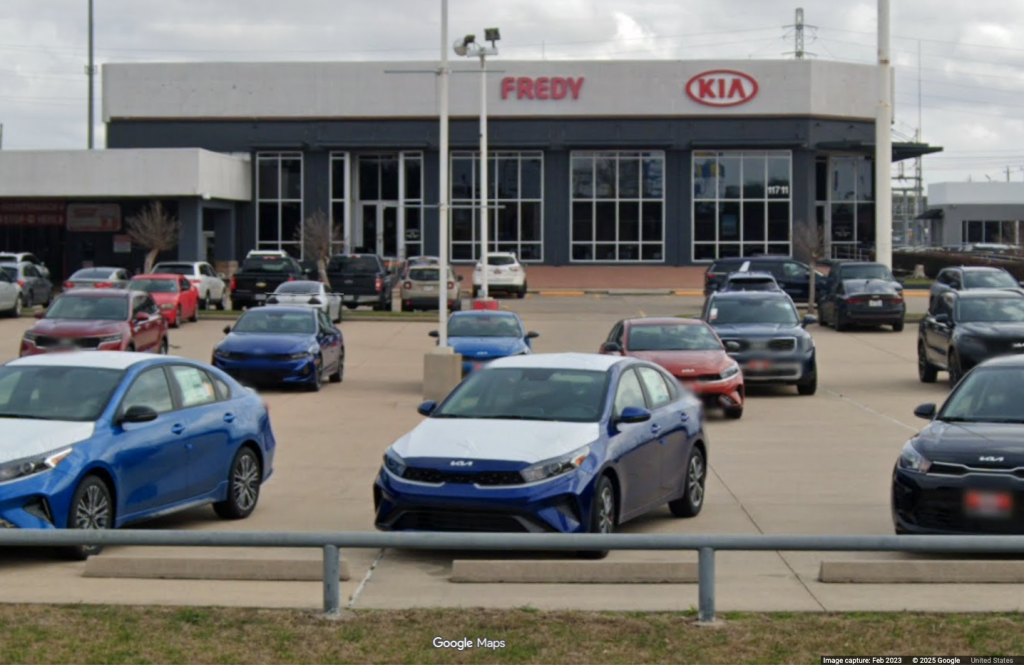
Because Fredy Kia has since been replaced by another Kia dealership run by Bayway Auto Group, a well-known Houston-area dealer conglomerate, I couldn’t get a comment from them. Here’s what Kia, the company, had to say about the matter:
We are deeply troubled by the allegations of theft involving the employee of a former Kia dealership. Kia dealerships are independently owned and operated businesses, and this dealership is no longer part of our network. We expect all Kia dealerships representing our brand to uphold the highest standards of integrity and compliance in their interactions with customers. We take matters like this very seriously and support the criminal justice process in this matter.
The lesson here is, try to avoid using cash when you can. It can leave you open to all types of easily avoidable risks. At worst, your money can simply disappear, leaving you with nothing in return. If you do end up using cash, be sure to do your research first. While you’ll still be taking more of a risk, you’ll also be more informed about your transaction.
Top graphic image: DepositPhotos.com

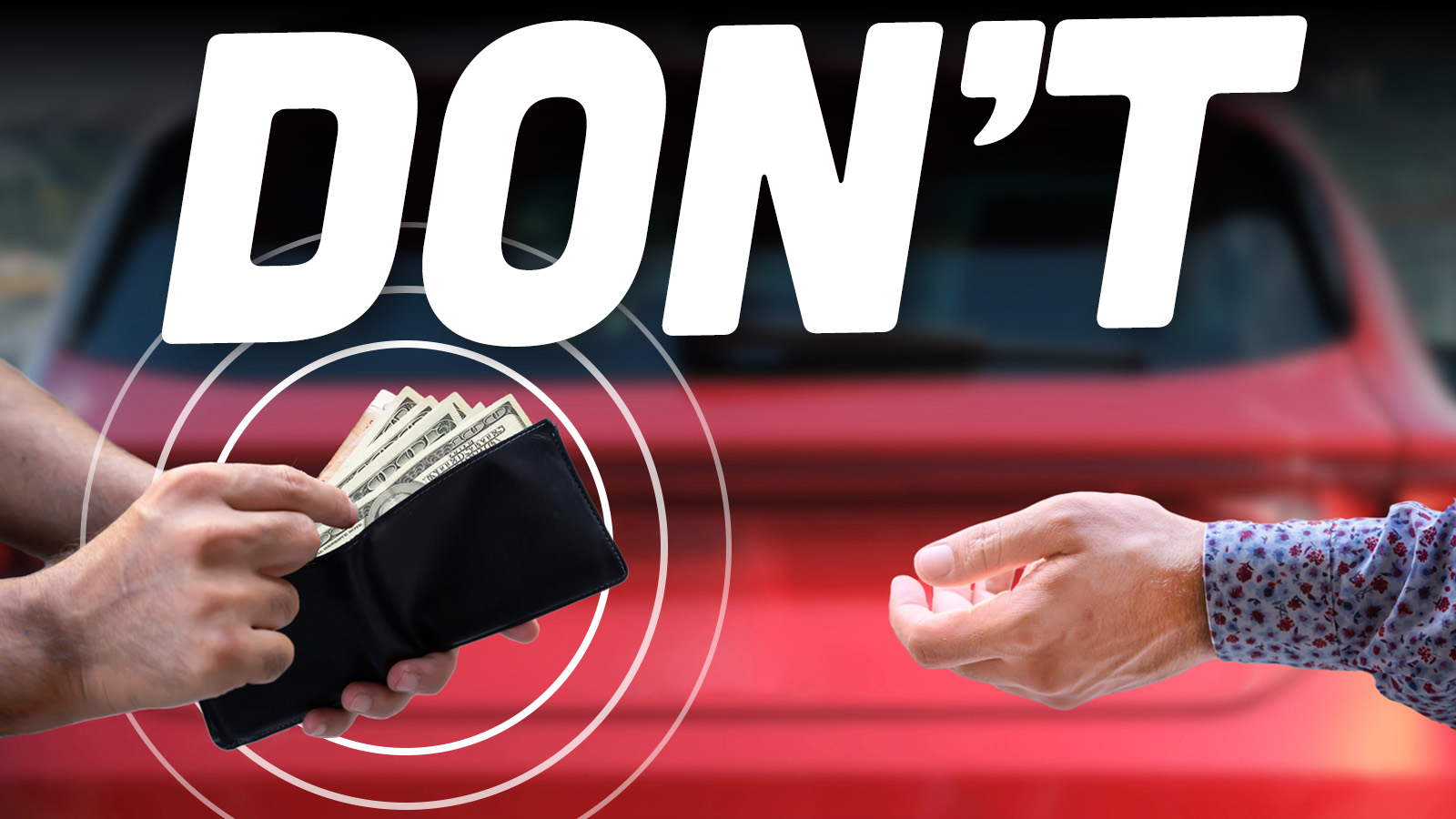






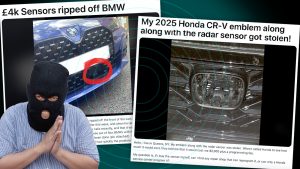
Who hands over a large sum of cash without getting some kind of legible, itemized receipt for anything?
Yeah I don’t know if you are preaching to the right choir. I like to think Autopian readers know that you don’t give the money to the salesman. Plus a lot of us are buying private party sales, and often at lower price points where cash is king.
Wow a shady Kia dealership, now I’ve seen everything!
Also, do any companies have a good BBB rating? Do people go there to say “yes, this company was fine!” I figured people only went there to complain, so I don’t exactly expect them to be a balanced source of information.